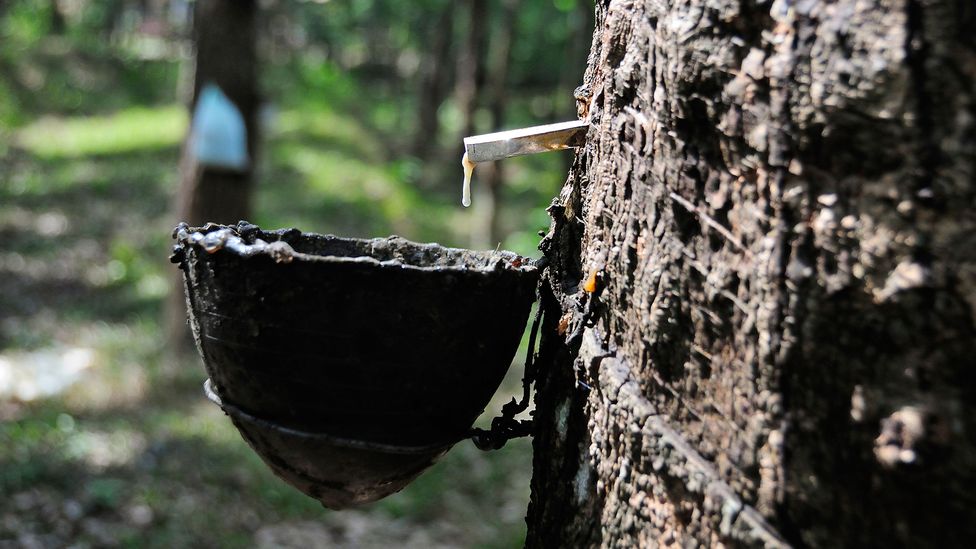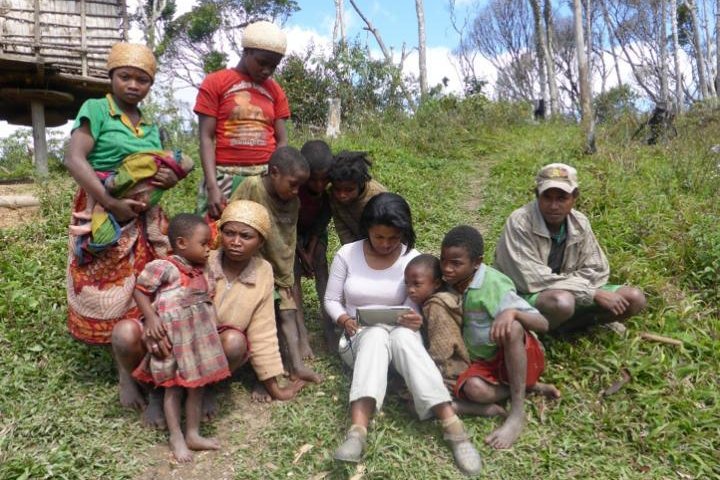“Can a new way to measure tropical rainforest vulnerability help save them?”

If pushed too far, vast stretches of tropical rainforest could see widespread tree deaths, or could transition to a new state, becoming drier, savanna-like woodlands. That would devastate some of the most wildlife-rich regions on earth and potentially worsen climate change because intact rainforests slurp large volumes of carbon dioxide from the atmosphere. While such a shift, in general, would likely happen gradually, scientists worry that some forests, particularly the Amazon, could transform rapidly into something new.
“All forests are not the same”
Primary ‘old growth’ forests are unique and irreplaceable. As well as sustaining local communities, they protect over two thirds of the planet’s land and freshwater species, including countless endangered species. They are natural quarantine areas, preventing the spread of zoonotic diseases like COVID19. And they store vast amounts of carbon from the atmosphere, half of which is locked up in the massive old trees which tower over the forest canopy. But how do you get that message across to governments, policymakers and corporations? And the message that not all forests are the same?
“The wonder material we all need but is running out”

The wonder material we all need but is running out – BBC Future
Climate change, capitalism and disease are threatening to strike a mortal blow to the world’s rubber trees. Do we need to find alternative sources of rubber before it’s too late?
“U.K. Seeks to Ban Supermarkets Selling Goods From Deforestation”

British supermarkets will be banned from selling beef, soy and other key commodities sourced from illegally deforested land, under new government plans.
Large businesses operating in the U.K. will have to show that commodities including soy, cocoa and palm oil, sourced in their supply chains complied with local environmental laws when being produced. Companies that fail to do so will face fines, according to the consultation from the Department for Food and Rural Affairs.
“Europe Criticized for Not Doing Enough to Slow Deforestation”

European companies aren’t doing enough to slow deforestation as they’re buying too much of commodities such as soybeans and palm oil from unsustainable sources, according to sustainable trade initiative IDH.
As forests shrink to produce timber and make space for crops like soy, cocoa and palm oil, that’s leaving fewer trees to absorb carbon dioxide and other greenhouse gases. While European business has made some progress in tackling deforestation, it’s behind on targets for purchasing sustainably grown commodities, Netherlands-based IDH said in a report.You’ve reached your free article limit.Save 30%
“Deforestation Wipes Out an Area the Size of Belgium”

The world’s old-growth rainforests are shrinking at an alarming rate, with enough trees lost last year to cover all of Belgium or two Connecticuts, a new report shows.
Tropical rainforests are found mainly in Equatorial countries, but they store vast amounts of carbon dioxide, so keeping them intact is crucial to fighting global climate change. In addition, they are home to a broad range of species, including orangutans, mountain gorillas and tigers.You’v
“Oreo Cookie Maker Targeted by Greenpeace to Save Orangutans”

The maker of Oreo cookies has become the latest target by Greenpeace in its campaign to stop the destruction of rainforests for palm oil.
The environmental group accused palm oil suppliers to snack giant Mondelez International Inc., which makes the famous black and white cookie as well as Cadbury chocolate bars, of deforestation and destroying orangutan habitats in Indonesia. In response, Illinois-based Mondelez told Bloomberg News it is actively working with suppliers to ensure palm oil is fully traceable and does not lead to deforestation, and is excluding 12 companies from its supply chain as a result of breaches.
“Infographic Of The Day: The Human Impact On The World’s Forests”

http://www.visualcapitalist.com/human-impact-on-forests/
At the outset of the 20th century, there was approximately 31 million square miles (50 million square km) of forest around the world. Today, that number has shrunk to less than 25 million square miles (40 million square km). Much of this decline can be attributed to expanding agricultural land use and increasing demand for wood and paper products.
“World’s poorest shoulder cost of tropical conservation”

Conserving tropical forests is an essential part of the fight to slow climate change. Tropical forest conservation benefits everyone, but the economic burden is mostly shouldered by some of the world’s poorest people.
“World’s great forests could lose half of all wildlife as planet warms – report”

The world’s greatest forests could lose more than half of their plant species by the end of the century unless nations ramp up efforts to tackle climate change, according to a new report on the impacts of global warming on biodiversity hotspots.
Recent Comments